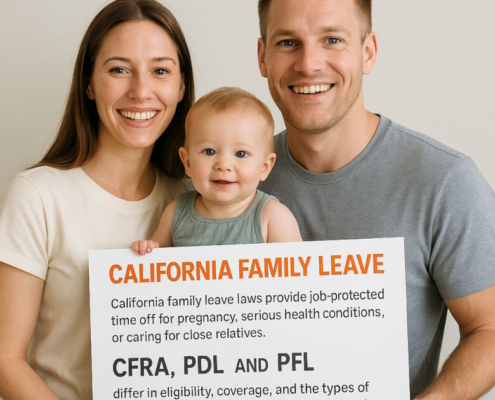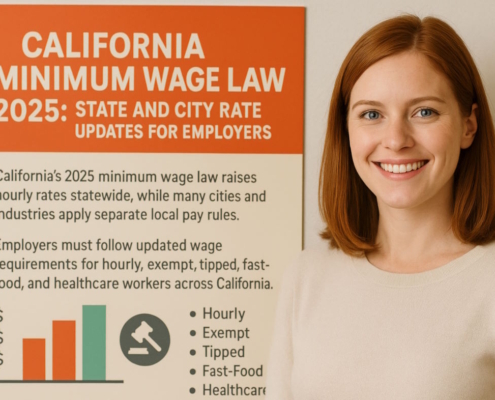How Do Class Action Lawsuits Work?
One of the first steps in a class action lawsuit is identifying a lead plaintiff. This sometimes happens when one person brings a case to a lawyer, and they realize it can be a much bigger case. It might also happen if a group of people start a class action lawsuit and talk to a lawyer as a group. Generally, all the plaintiffs will elect a lead plaintiff that they trust to work with the attorney and keep everyone updated. The lead plaintiff in a class action lawsuit must be organized and be easily contacted.
Your class action lawyer will file a lawsuit with the appropriate court and ask for formal certification to recognize the initial group of plaintiffs as a class. This is the first step in a class action lawsuit and is necessary to allow other plaintiffs to join the case.
The next step is to identify anyone else who may be affected to join the class action lawsuit. If it is an employment law dispute, then the lawyer and the lead plaintiff will work together to talk to all present and prior employees and see if they have been harmed. For defective products or breach of contract class action lawsuits, an ad may be printed in the paper or distributed online to reach other potential plaintiffs.
It is best to join a class action lawsuit as soon as possible as often the initial group of plaintiffs will get priority when receiving compensation. If the company has poor finances and there is a risk that it will go bankrupt, the later you join the class action lawsuit, the lower the priority to give you compensation. On top of the class action lawsuit, you can also file a claim for specific damages from the company. This covers any additional costs you may have suffered that were not mentioned in the class action lawsuit. For example, a class action lawsuit may be for a defective product that caused illness and caused people to miss work. The illness may have exacerbated a health condition you have, and you were admitted to the hospital because of the defective product. The class action lawsuit will cover damages for the defective product and missed work, but you can also file a claim to recover medical bills.
If you are considering a class action lawsuit, speak to Nakase Law Firm. We are experienced in personal injury, employment, and breach of contract class action lawsuits. Contact us for a free consultation where you can discuss your case and learn more about the process. There is no need to feel overwhelmed; we will walk you through every step of the process and advocate for you and the other plaintiffs.



































